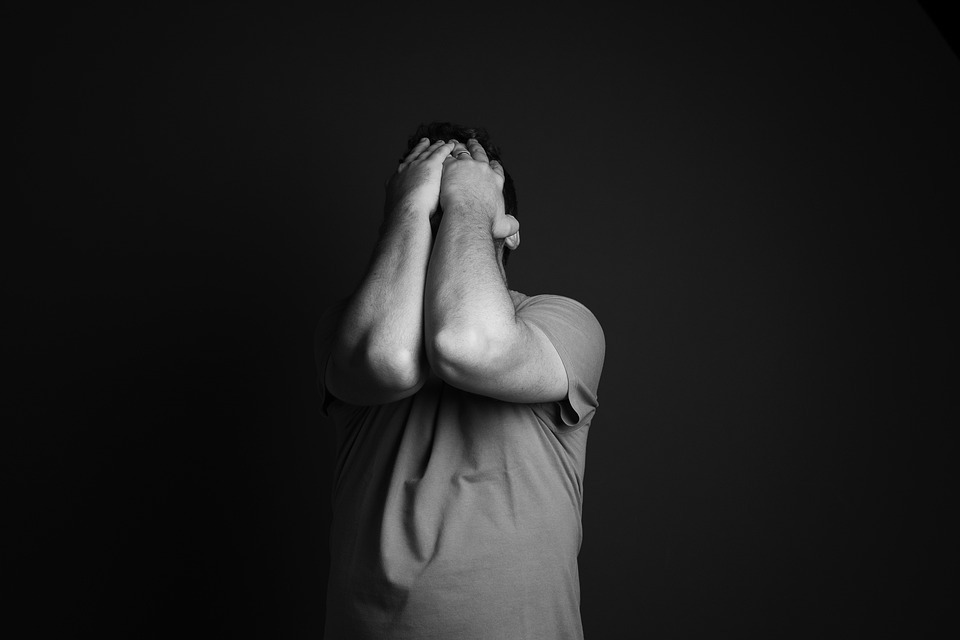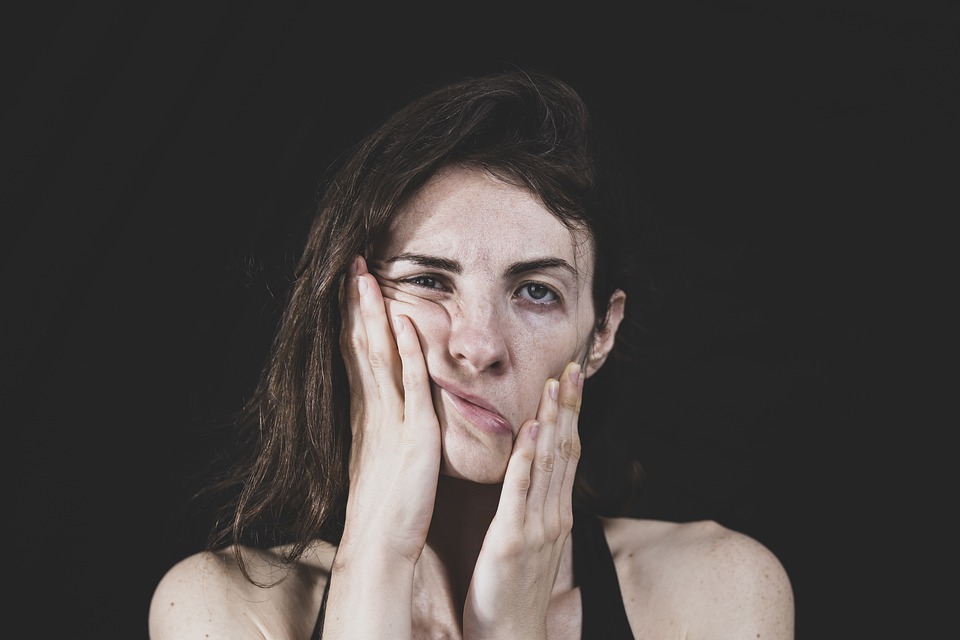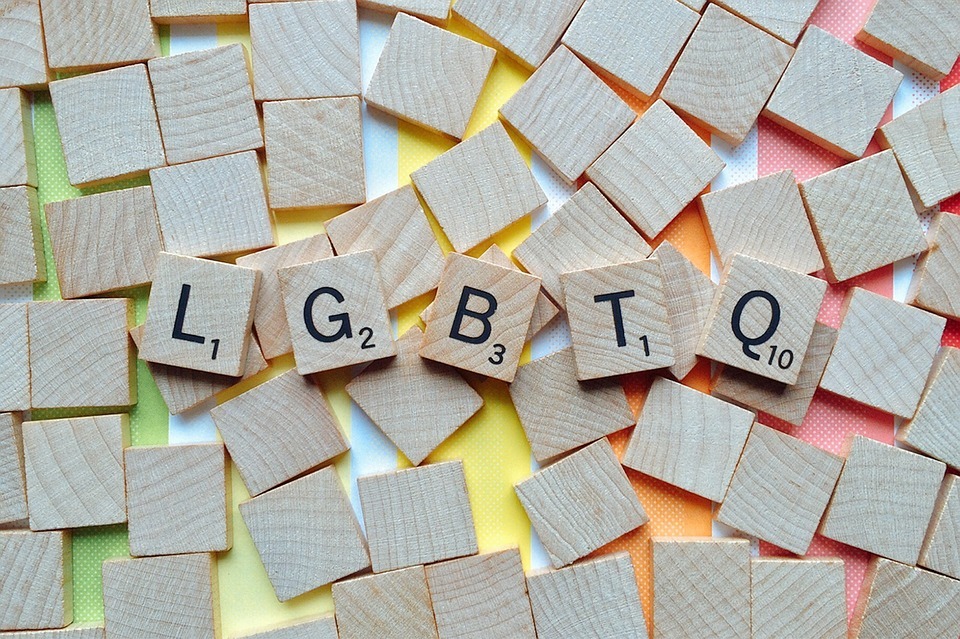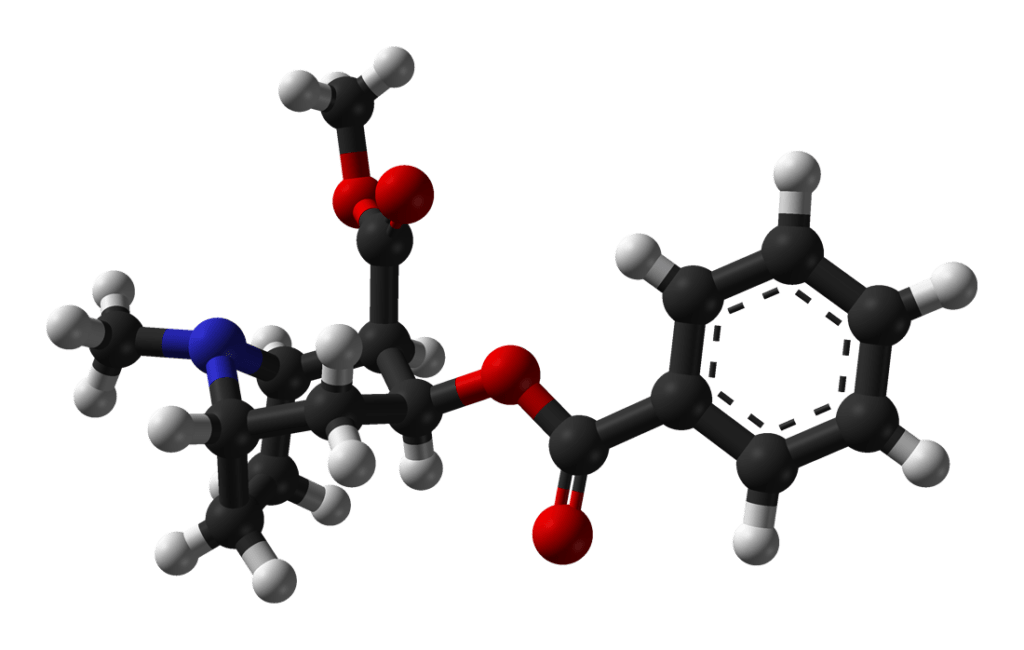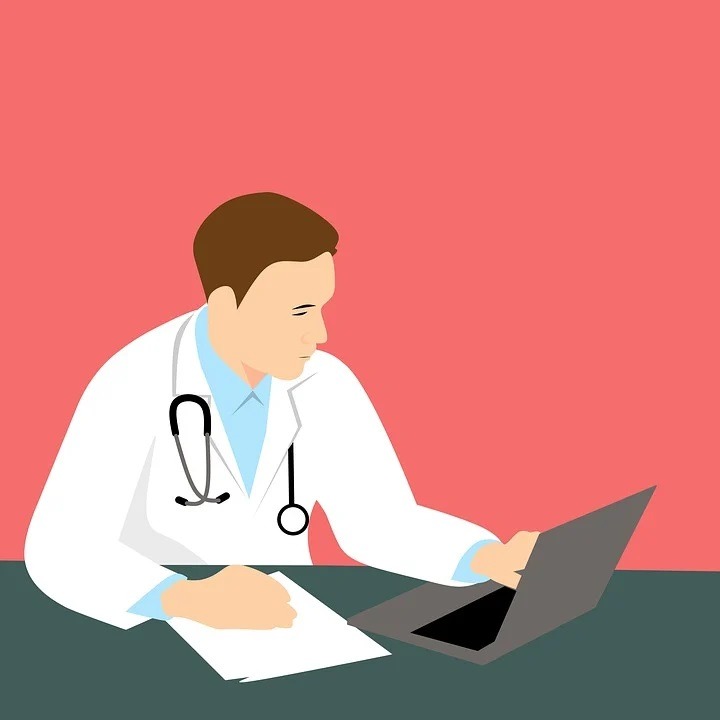When suffering from anxiety, you might experience unusual long-lasting distress, worry, or fear in reaction to an emotional trigger. Anxiety is an unnecessary feeling that can stem from a variety of sources. Many people think anxiety and anxiety disorders are the same. However, they are not.
Anxiety disorders are a category of mental illness. It is difficult to get through the day when you are anxious. Nervousness, panic, and terror are common symptoms, as are sweating and a racing heart. Medication and cognitive behavioral therapy are two options for treatment. Your doctor can give a treatment plan that is right for you.
What Causes Anxiety?
Anxiety gets aggravated by a variety of factors. Internal factors, such as heredity, or external factors, such as racial injustice or environmental concerns, can all have a role.
As stated before, Anxiety feelings and anxiety disorders are not the same things. Anxiety is a feeling marked by tenseness, concerned thoughts, and physical manifestations such as elevated blood pressure.
Recurrent, intrusive concerns and other specific criteria lead to a diagnosis of anxiety disorder.
Factors That Cause Anxiety
Anxiety disorders are similar to other types of mental diseases. They get characterized by a lack of control over one’s emotions.
Disorders are not the result of personal defects, character flaws, or parenting issues. However, no one knows for sure what causes anxiety disorders. They believe several factors are at play.
Environmental Changes
In 2020 Anxiety is defined by a trusted source as a future-oriented mood state. It gets characterized by a complex cognitive, affective, physiological, and behavioral component. A behavioral response mechanism that gets connected with preparing for dangerous events or circumstances.
Anxiety worsens by a multitude of elements in the environment. According to a 2018 review, a person’s family composition, cultural and religious upbringing, and several other early experiences can influence anxiety levels.
Life Stressors
Anxiety can arise as a result of a variety of life situations. These are not universal, and they can have various effects on different people.
Social Situations
If a person is concerned that they will perform in a way that might be bad, social events can be stressful. When asked to perform in front of an audience, a person feels anxious.
Anxiety has a wide range of impacts. For example, according to a 2014 analysis, feelings of social anxiety may aggravate stuttering and make it difficult for people who stutter. However, the study’s authors stated that further research is needed to fully understand the association between social anxiety and stuttering, particularly among children and adolescents.
Anxiety, Gender, and Sexuality
Many people experience anxiety due to concerns about their gender and sexual identities, as well as stigmatization. Non-heterosexual respondents were more likely than heterosexual respondents to experience feelings of anxiousness, according to a survey conducted in 2016
Bisexual people suffer from anxiety more than gay and lesbian people, according to a 2015 survey of students in the northeastern United States. Exclusion from heterosexual and homosexual social groups, according to the experts, could be the root cause. Gender dysphoria, as well as systemic stigma and marginalization, can create anxiety in transgender people.
A sample survey was conducted online for Transgender respondents in the United States. It had disproportionately high rates of anxiety, sadness, and psychological distress as compared to heterosexual respondents.
Anxiety and Race
Psychological discomfort comes from systemic racism. Socioeconomic deprivation and racial discrimination are two significant components.
According to a 2014 study, The impacts of forceful policing on the mental health of young males in New York City got researched. They discovered a link between more police contact and higher levels of anxiety. The responses ranged from 18 to 26 years old, with non-whites accounting for 80% of the total.
A review from 2015 research on mental health and race has discovered persistent links between discrimination and anxiety. It also shows a variety of other mental health issues.
Eco-Anxiety
Anxiety is sometimes referred to as “eco-anxiety” when people are concerned about the state of the environment.
Eco-anxiety is not yet a recognized disorder. However, the prevalence of climate change is unknown.
Genetic Factors
A person’s inclination to feel anxious might get influenced by a variety of genetic variables. These may differ depending on the age group, demographics, and gender. A 2020 analysis, on the other hand, stated that environmental variables are more likely to trigger anxiety than inherited causes.
Medical Factors
Many health-related issues might create anxiety. Anxiety, for example, can be caused by a medical condition or adverse drug effect. These factors may not directly produce the changes that characterize anxiety disorders, but they might create situations or necessitate lifestyle changes that generate anxiety.
Recreational Drugs
Anxiety might get induced by recreational drug usage. The link between drug use and anxiety, on the other hand, is complicated. In a 2018 study, researchers discovered a relationship between cocaine self-administration and anxiety-like behavior in rats. Furthermore, cocaine use is an example of another study that stated anxiety might be both a cause and a result.
Diagnosis
Anxiety disorders include generalized anxiety disorder and social anxiety disorder, among others. These sentiments differ from ordinary anxiety in terms of frequency, severity, and influence on the quality of life.
A mental health expert examines a person’s history and conducts a thorough assessment before establishing a diagnosis. They may also make therapy recommendations or deliver them.
A physician may also do a physical examination and request laboratory testing. It is to rule out any other possible causes of the symptoms.
Bottom Line
Anxiety is a natural, required feeling triggered by many factors, including stress, fear of social reactions, environmental concerns, and structural marginalization.
Before diagnosing an anxiety disorder, a mental health professional would consider the frequency and intensity of high anxiety disorder.
We recommend checking out Tips on dealing with an anxiety attack.

